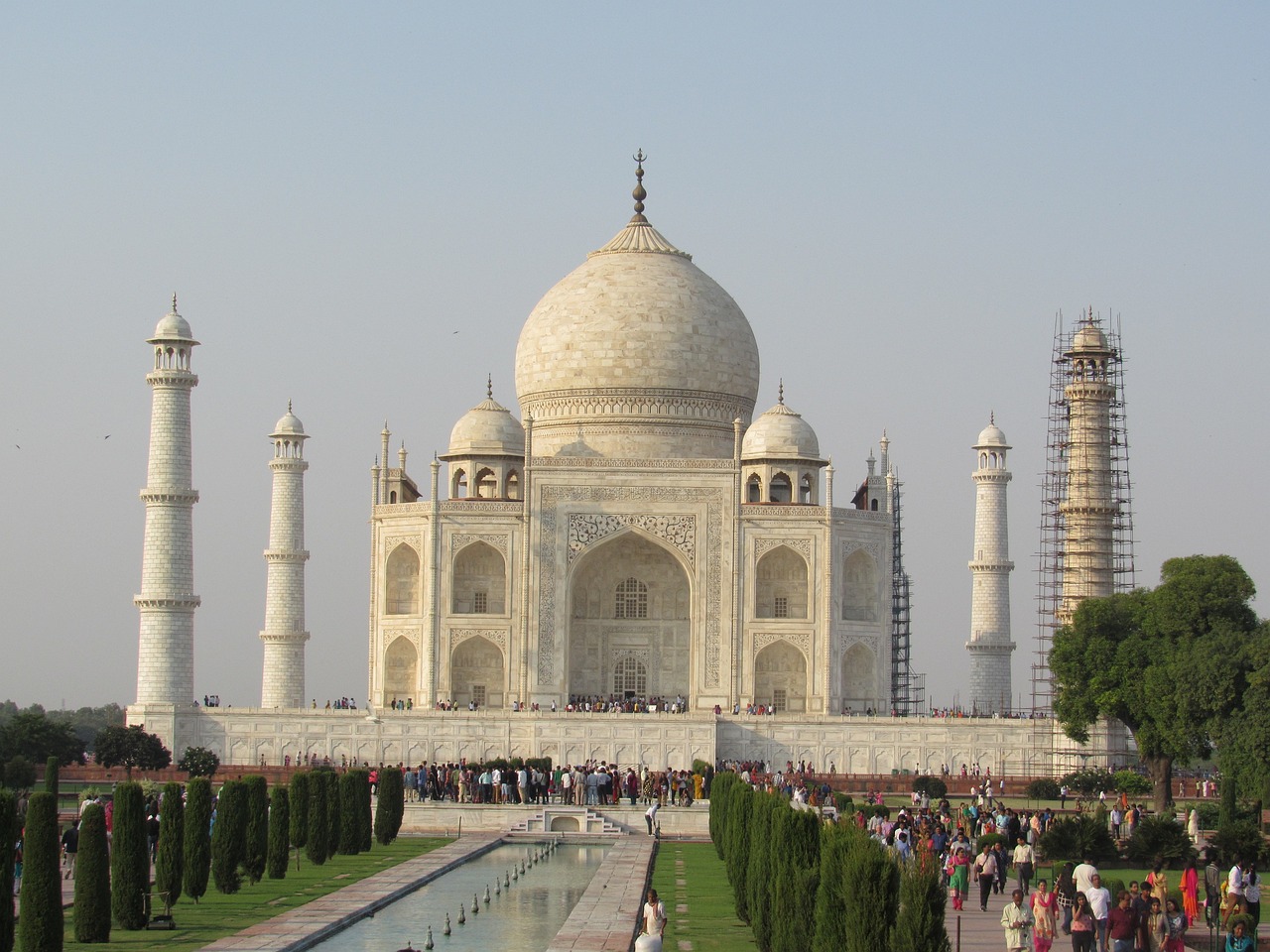Incorporating Racial Justice Advocacy in Campaigns
11 x play login, india24bet, Skyfairs Signup:Incorporating Racial Justice Advocacy in Campaigns
Greetings, fellow advocates for social change! Today, we’re diving into the crucial topic of incorporating racial justice advocacy in campaigns. In a world where systemic racism continues to oppress marginalized communities, it’s more important than ever for individuals and organizations to take a stand and actively work towards dismantling these oppressive structures. By integrating racial justice advocacy into our campaigns, we can amplify marginalized voices, educate our communities, and drive meaningful change.
Let’s explore some key strategies for infusing racial justice advocacy into your campaigns effectively.
Understanding Privilege and Intersectionality
Before embarking on any racial justice advocacy campaign, it’s essential to educate yourself on issues of privilege and intersectionality. Privilege comes in many forms, including white privilege, heterosexual privilege, economic privilege, and more. By recognizing our own privilege, we can better understand the ways in which systemic injustices impact marginalized communities.
Furthermore, intersectionality emphasizes the interconnected nature of social categorizations like race, gender, sexuality, and class. Recognizing the intersectional nature of oppression is crucial for developing campaigns that address the unique challenges faced by individuals who hold multiple marginalized identities.
Building Collaborative Relationships
Racial justice advocacy is most effective when it’s built on collaborative relationships with impacted communities. Before launching a campaign, take the time to listen to and learn from those directly affected by systemic racism. Engage in meaningful dialogue, center their voices and experiences, and work together to develop strategies that uplift and empower marginalized communities.
Additionally, forming alliances with other advocacy organizations and community groups can amplify the impact of your campaign. By working together towards a common goal, we can create a united front against racial injustice.
Creating Culturally Responsive Campaigns
When designing your campaign materials and messaging, it’s crucial to be culturally responsive. Take the time to consider the cultural backgrounds, traditions, and experiences of the communities you’re advocating for. Avoid using language or imagery that could be seen as offensive or insensitive, and strive to reflect the diversity and richness of marginalized cultures in your campaign materials.
Furthermore, ensure that your campaign is accessible to individuals from all backgrounds. Consider providing translations in multiple languages, offering alternative formats for individuals with disabilities, and hosting events in inclusive spaces that are easily accessible to all.
Using Data and Research to Drive Change
Data and research play a vital role in driving meaningful change. Before launching your campaign, take the time to gather data on racial disparities in your community. Use this information to highlight the impact of systemic racism and to make a compelling case for why your advocacy efforts are necessary.
Furthermore, leverage research and evidence-based strategies to inform your campaign tactics. By grounding your advocacy in data, you can build credibility, demonstrate the need for change, and hold policymakers and institutions accountable.
Taking Action and Holding Accountable
Ultimately, racial justice advocacy is about taking action and holding those in power accountable. Whether it’s organizing protests, lobbying policymakers, or launching grassroots campaigns, it’s essential to be proactive in your advocacy efforts.
Hold institutions and individuals accountable for perpetuating systemic racism, and demand concrete changes that address the root causes of racial injustice. By continuously pushing for progress and refusing to stay silent in the face of oppression, we can create a more just and equitable society for all.
FAQs:
Q: How can I support racial justice advocacy if I don’t belong to a marginalized community?
A: There are many ways to support racial justice advocacy, even if you don’t belong to a marginalized community. You can educate yourself on issues of systemic racism, amplify the voices of marginalized communities, donate to organizations that are doing important work, and leverage your privilege to advocate for change.
Q: What are some common pitfalls to avoid when incorporating racial justice advocacy in campaigns?
A: Some common pitfalls to avoid include centering your own experiences and perspectives, speaking over marginalized voices, tokenizing individuals from marginalized communities, and failing to take meaningful action to address systemic racism.
Q: How can I measure the impact of my racial justice advocacy campaigns?
A: Measuring the impact of your campaigns can be challenging, but there are several ways to assess your progress. Consider tracking engagement metrics, such as social media shares and event attendance, gathering feedback from community members, and monitoring changes in policies or practices as a result of your advocacy efforts.
In conclusion, incorporating racial justice advocacy in campaigns is essential for creating a more equitable and inclusive society. By centering the voices of marginalized communities, building collaborative relationships, creating culturally responsive campaigns, using data to drive change, and taking meaningful action, we can work towards dismantling systemic racism and creating a more just world for all. Together, we can make a difference. Let’s keep pushing for progress and never stop fighting for racial justice.







